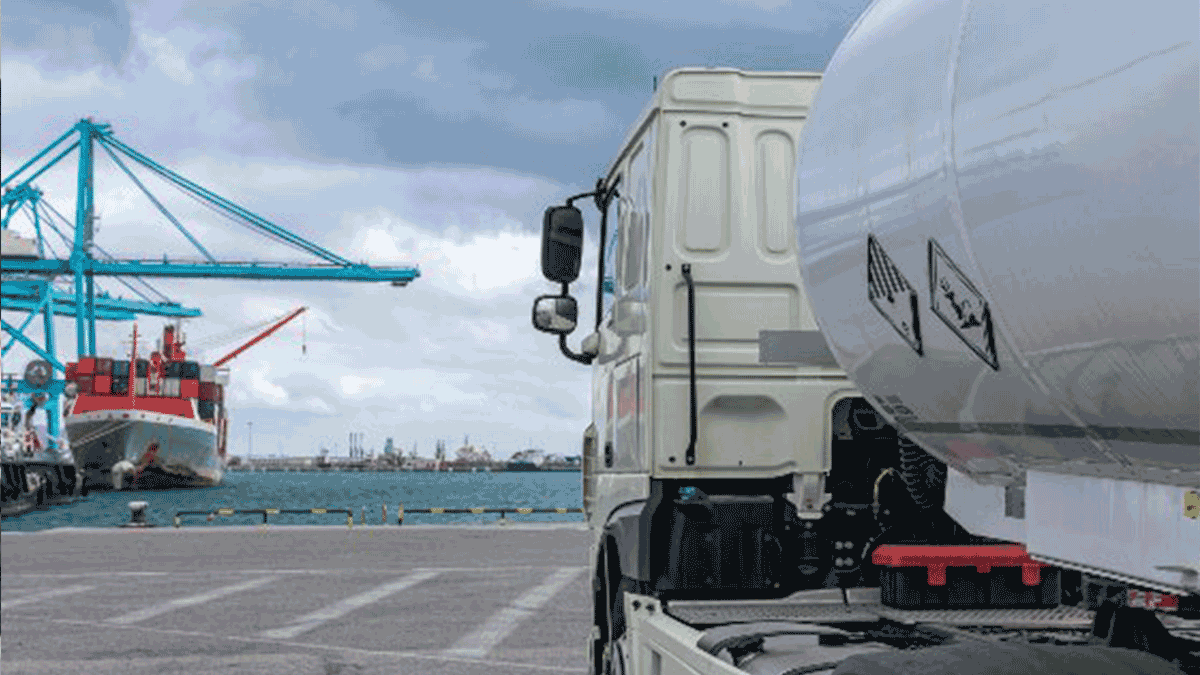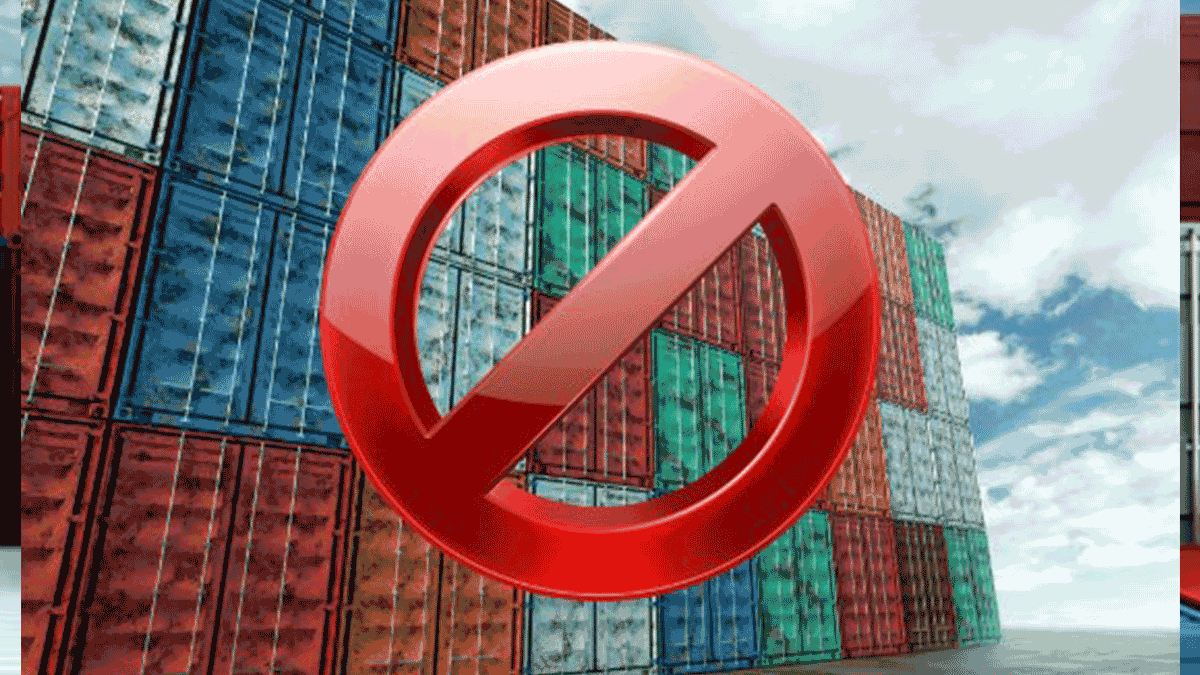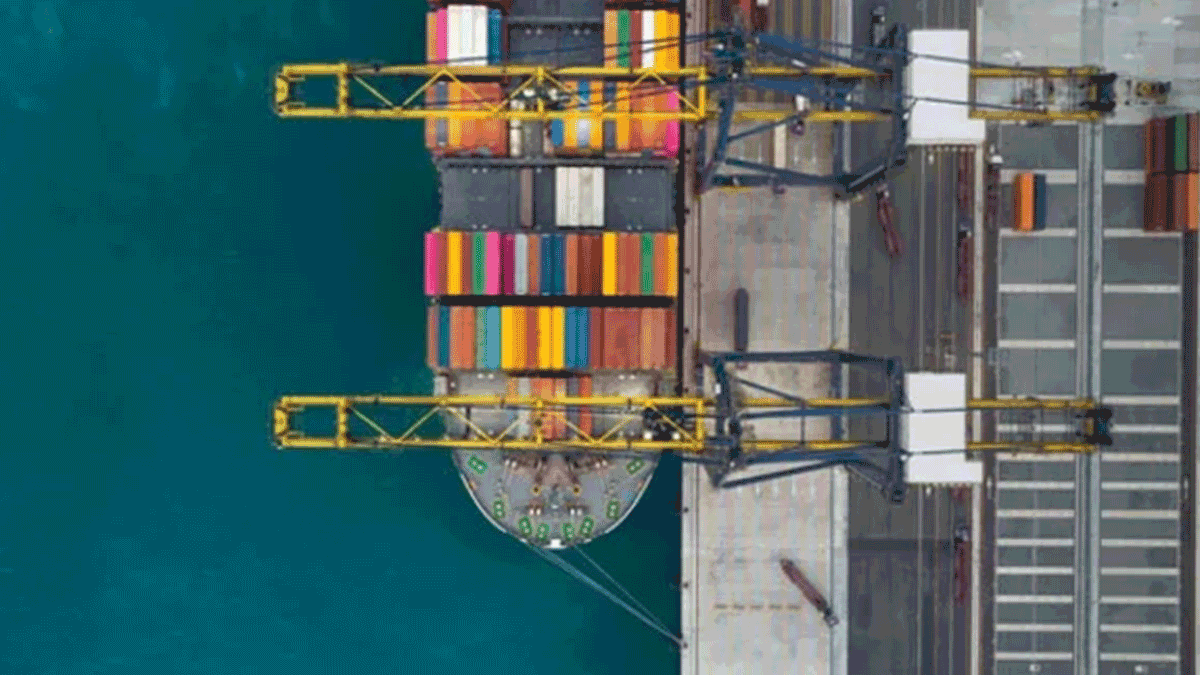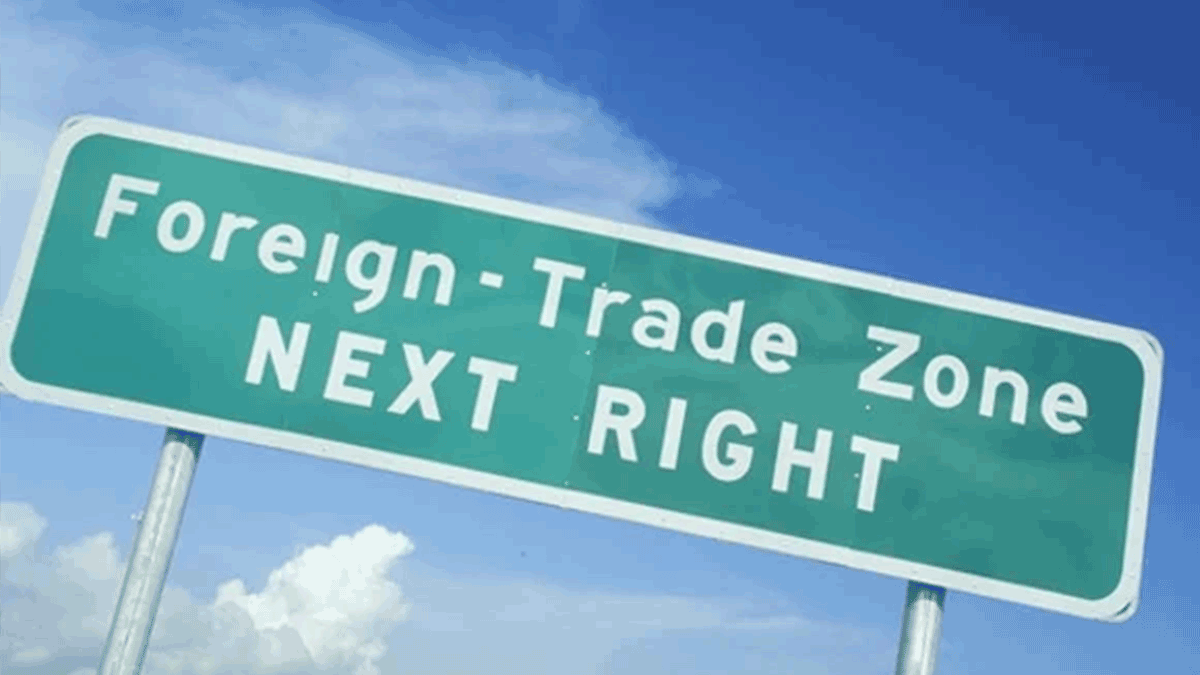On: September 29, 2021 By: Arnesh Roy
Determining Export Controls Jurisdiction and Classification: ITAR and EAR Order of Review
The Order of Review is a process exporters can use to find which agency controls their exports and then properly classify their products with the correct USML or ECCN codes. We offer a step-by-step look at how to use the Order of Review and ultimately decide if your product needs an export license.









